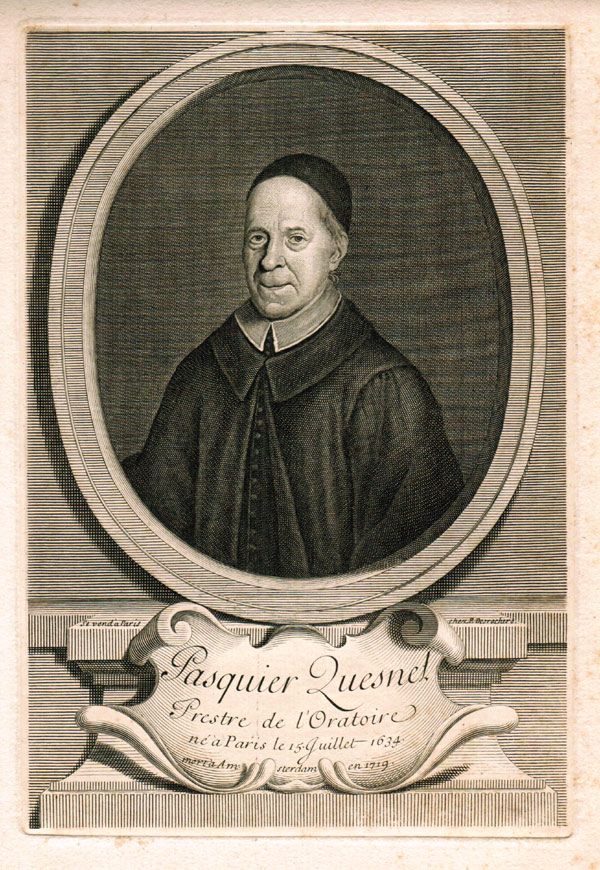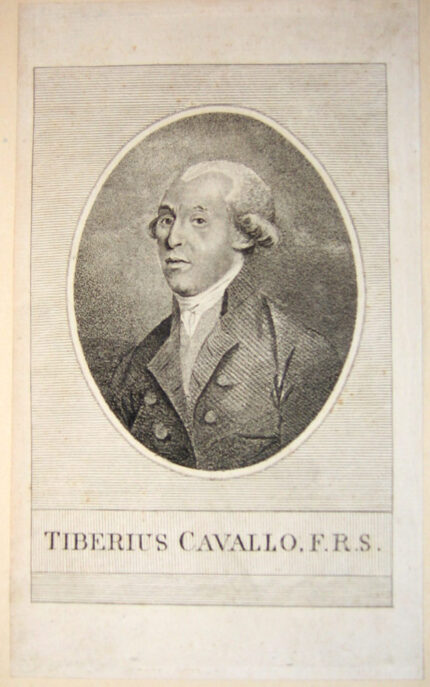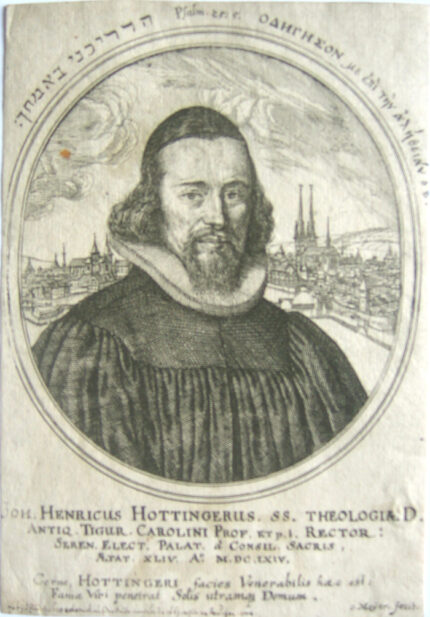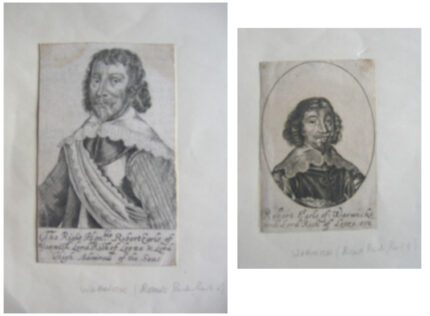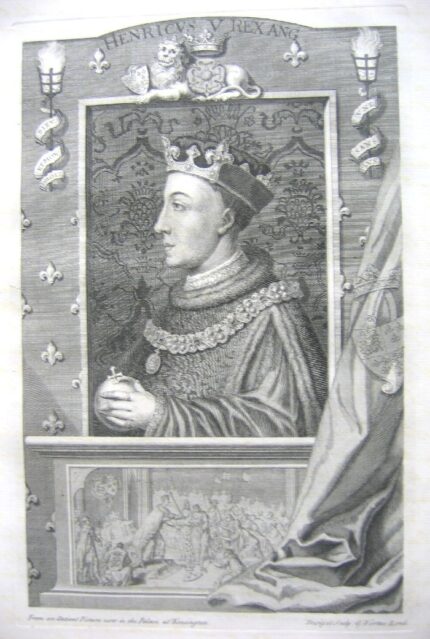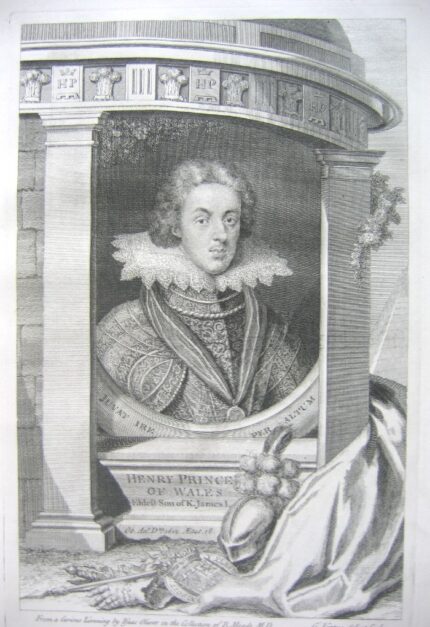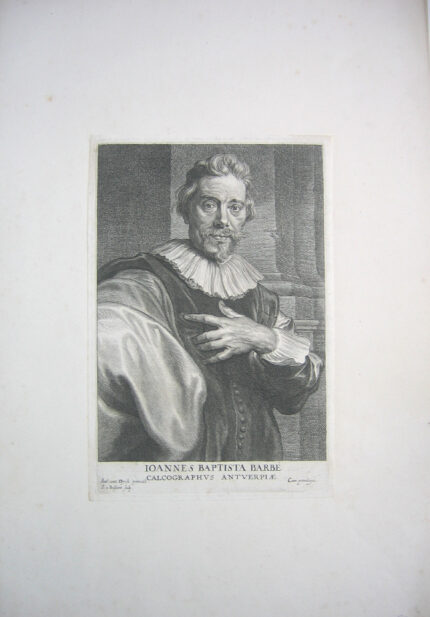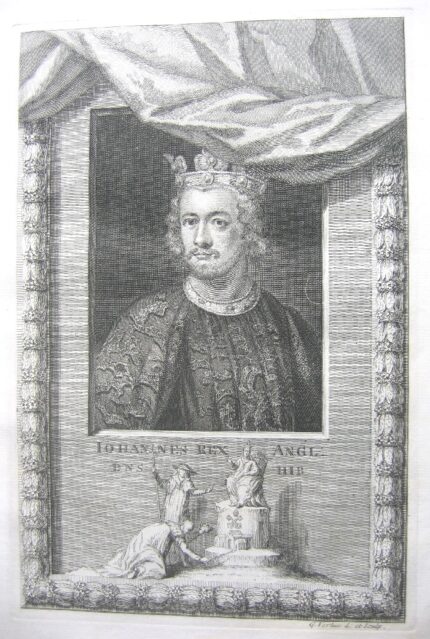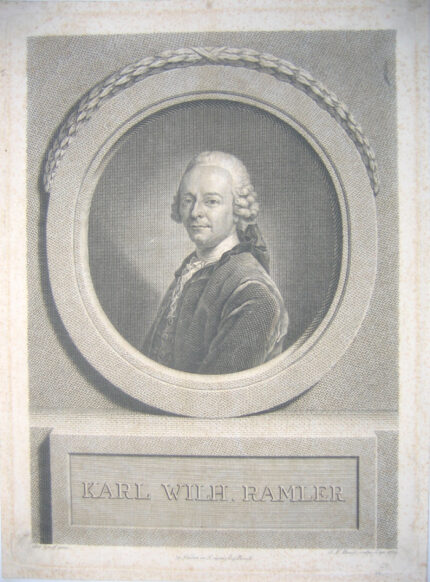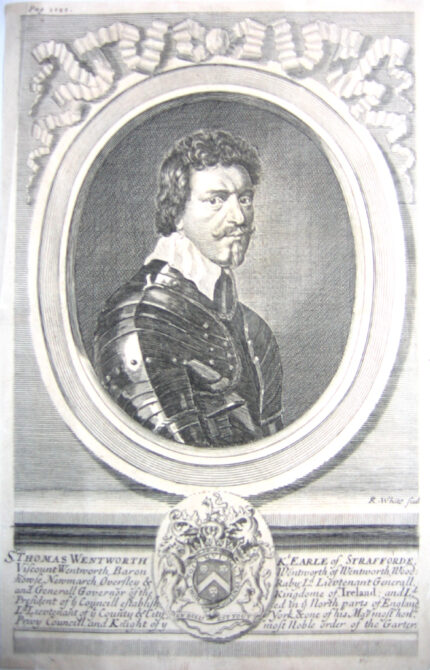E Desrochers
Pasquier Quesnel
Paris ca. 1720
Engraving
240 x 160 mm
£65
Pasquier Quesnel (July 14, 1634 – December 2, 1719) was a French Jansenist theologian.
He was born in Paris, and, after graduating from the Sorbonne with distinction in 1653, he joined the French Oratory in 1657. There he soon became prominent; he took a leading part in scholarly controversy, for example against Joseph Anthelmi.
His Jansenist sympathies led to his banishment from Paris in 1681, following the formulary controversy. He took refuge with the friendly Cardinal Coislin, bishop of Orléans; four years later, however, foreseeing that a fresh storm of persecution was about to burst, he fled to Brussels, and took up his abode with Antoine Arnauld.
There he remained till 1703, when he was arrested by order of the archbishop of Mechelen. After three months imprisonment he made a highly dramatic escape, and settled at Amsterdam, where he spent the remainder of his life. After Arnauld’s death in 1694 Quesnel was generally regarded as the leader of the Jansenist party; and his Réflexions morales sur le Nouveau Testament played almost as large a part in its literature as Jansen’s Augustinus itself.
As its title betokens, Quesnel’s book was a devotional commentary on the New Testament, wherein Quesnel managed to explain the aims and ideals of the Jansenist party better than any earlier writer had done; and it accordingly became the chief object of Jesuit attack. It appeared in many forms and under various titles, the original germ going back so far as 1668; the first complete edition was published in 1692. The papal bull Unigenitus, in which no fewer than 101 sentences from the Réflexions morales were condemned as heretical, was obtained from Clement XI on September 8, 1713. Quesnel died at Amsterdam.

